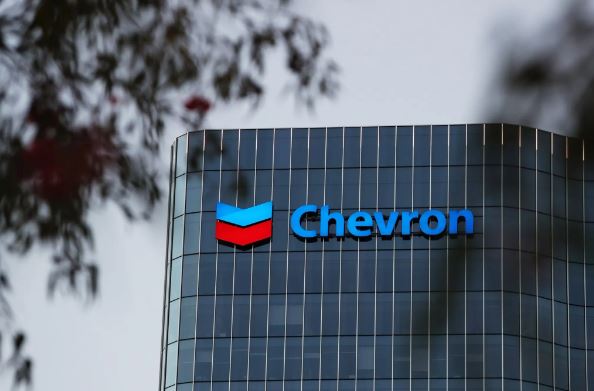On Friday, hundreds of workers at three of Chevron’s liquefied natural gas plants in Western Australia went on strike. Together, these plants produce around 6% of the world’s supply of the fuel.
After union discussions over wages and working conditions broke down at 1 p.m. local time, roughly 500 workers launched brief work stoppages and prohibitions on specific sorts of labour.
The work slowdowns are expected to last through Thursday. If a resolution is not reached by that time, the Offshore Alliance, a coalition of two unions representing energy workers, says it would intensify with rolling strikes of up to 24 hours a day, for up to two weeks.
Originally due to begin on Thursday morning, the labour action at Chevron’s Gorgon and Wheatstone onshore processing facilities and its Wheatstone offshore platform was postponed as Chevron and the unions tried mediation sponsored by a government agency.
Pay, job security, scheduling, and categorization of work have all been stumbling blocks in the unions’ two years of discussions with management.
Offshore Alliance members are taking “protected industrial action” because “Chevron is stubbornly refusing to accept an industry standard enterprise agreement to cover these facilities,” according to a statement released by the union’s spokesperson, Brad Gandy.
The two sides remain “apart on key terms,” according to a Chevron representative, despite the company’s “good faith” negotiations.
In the event of an interruption at our facilities, we will continue to take measures to ensure the safety and reliability of our operations, the spokesperson added.
The combined output of Gorgon and Wheatstone is around 25 million metric tonnes of LNG per year.
This walkout is happening only two weeks after a similar strike at Energy’s North West Shelf was avoided. Petrol price fluctuations in Europe in recent weeks may be attributed to the ongoing labour disputes.
According to energy researcher Saul Kavonic, European gas merchants are “on edge” due to the shortfall of natural gas supply caused by Russia’s invasion of Ukraine.
Russia cut down natural gas exports to Europe after the invasion, he claimed, leaving European countries increasingly dependent on liquefied natural gas imports from across the world. Mr. Kavonic warned that “any supply disruptions now can have very serious consequences for energy security in both Asia and Europe” due to the increased interdependence of the two regions’ energy markets.
However, he cautioned that it was “still very premature” to assume that the strike at Chevron’s plants will cause a significant drop in world gasoline output.
For both the firm and the unions, “there’s a huge amount of pressure involved here behind the scenes to not let this escalate,” Mr. Kavonic said. The Australian government is concerned about losing its solid image as a trustworthy energy provider.

